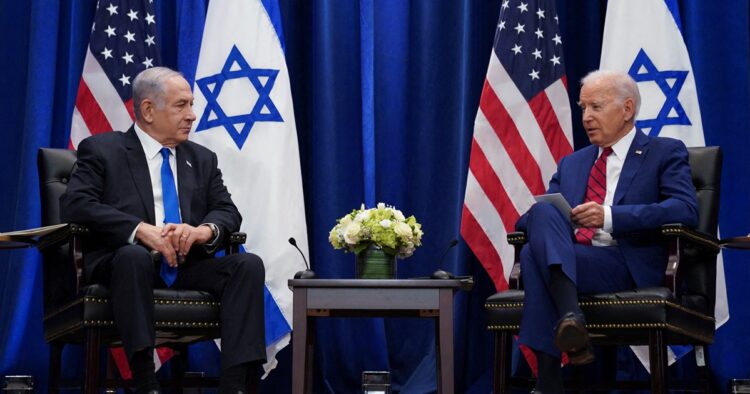The relationship between the US and Israel is going through a rough patch. Initially, Biden supported Israel after the Hamas attacks, but as the conflict continued, he criticized Israel’s indiscriminate bombing, creating tensions. A new US intelligence report reveals that almost half of Israel’s munitions in Gaza were unguided “dumb bombs.”
The war’s impact extends beyond the conflict, affecting diplomatic ties and raising questions about the US’s support for Israel. The humanitarian toll is significant, with thousands of Palestinian casualties, and it’s taking a toll on Biden’s domestic political standing.
Biden’s national security adviser, Jake Sullivan, visited Israel to address issues like aid to Gaza and the military campaign’s next phase. The trip indicates concerns that Israel didn’t heed warnings to protect civilians.
Differences are emerging between the US and Israel on post-war Gaza and the idea of a Palestinian state. The conflict has also stirred political repercussions in the US, with a rise in antisemitism and debates on discrimination.
Internationally, key allies like Canada, Australia, and New Zealand broke with the US, urging a ceasefire in Gaza. This caused a rare split in the Five Eyes intelligence alliance, and even the UK, a close ally, showed hesitance.
The White House acknowledges global concerns but reaffirms support for Israel, expressing reservations about the military campaign’s execution. However, it remains uncertain how increasing pressure will influence Biden’s approach to Israel.
Despite frustrations, Biden is fundamentally pro-Israel. Tangible pressure, like conditioning a $14 billion aid package, seems unlikely. Israel views its actions as crucial for its survival, emphasizing its security measures.
In essence, while Biden faces growing political costs domestically and internationally, it remains unclear if and how he might change his stance on Israel amid the escalating situation.

















Comments